
When news that the Holy League had been victorious in the battle of Lepanto spread around Europe, it was followed by jubilant celebrations. The loose alliance of Catholic forces from Spain, the Venetian Republic, and other Italian states had confronted and defeated a larger fleet from the Ottoman empire in the Gulf of Patras on 7 October 1571, not long after the latter had invaded Cyprus.
King Philip II of Spain's chief minister hailed it as "the greatest naval victory since Pharaoh's army drowned in the Red Sea". The pope, Pius V, instituted a new feast day to Our Lady of Victory and numerous paintings and poems were created to honor the battle. European nations had long lived under the looming shadow of Ottoman militarism, but Lepanto demonstrated that the empire was not invincible.
The symbolism of the victory was writ large: in this clash of civilizations, Christian (specifically, Catholic) Europe had come out on top.
EUROPE UNDER THREAT
The Ottomans, led by Sultan Selim II since 1566, had invaded Cyprus in 1570 as part of their ongoing attempts at expansion. If the growth of the empire continued to go unchecked, some people believed that it could pose a threat to the security of Europe, which faced deep religious divisions at a time that saw both Reformation and Counter-Reformation.
This story is from the {{IssueName}} edition of {{MagazineName}}.
Start your 7-day Magzter GOLD free trial to access thousands of curated premium stories, and 9,000+ magazines and newspapers.
Already a subscriber ? Sign In
This story is from the {{IssueName}} edition of {{MagazineName}}.
Start your 7-day Magzter GOLD free trial to access thousands of curated premium stories, and 9,000+ magazines and newspapers.
Already a subscriber? Sign In
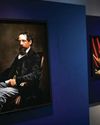
'Dickens's evocation of the fears, excitement and confusion of childhood is peerless'
DR LEE JACKSON ON WHY CHARLES DICKENS REMAINS RELEVANT TODAY
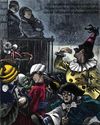
THE AUTHOR GOES ABROAD
Dickens expanded his horizons and boosted his fan-base by venturing overseas - but global fame came with a cost
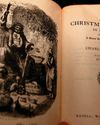
REVIVING THE FESTIVE SPIRIT
A Christmas Carol wasn't just a bestseller - it changed the way that Britons chose to mark the festive season
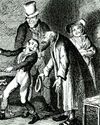
GIVING THE POOR A VOICE
From Hard Times to Oliver Twist, Charles Dickens used his pen to help illuminate the lives of the less fortunate
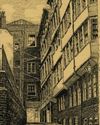
A JOURNEY THROUGH DICKENS'S LONDON
The works of Charles Dickens are synonymous with visions of Victorian London. We talk to Dr Lee Jackson about the author's love of the capital, and the locations that most inspired him
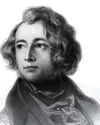
EXCEEDING EXPECTATIONS
Dr Lee Jackson chronicles Charles Dickens's journey from down-at-luck teenager to titan of Victorian literature
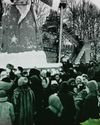
GIFTS, TREES & FEASTING
We take a journey through the photo archives to reveal how Christmas and its many traditions have been celebrated over the years - and around the world
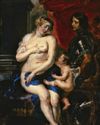
WHAT GREAT PAINTINGS SAY
We explore the story behind an allegorical painting that celebrates the triumph of love over hate, peace over war
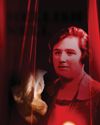
HELLISH NELL
Malcolm Gaskill delves into the life of Helen Duncan - the fraudulent Scottish medium whose ectoplasm-filled seances saw her ending up on the wrong side of the law
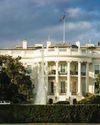
7 THINGS YOU (PROBABLY) DIDN'T KNOW ABOUT THE WHITE HOUSE
Presidential historian Dr Lindsay M Chervinsky reveals some of the most surprising facts about the world-famous US residence